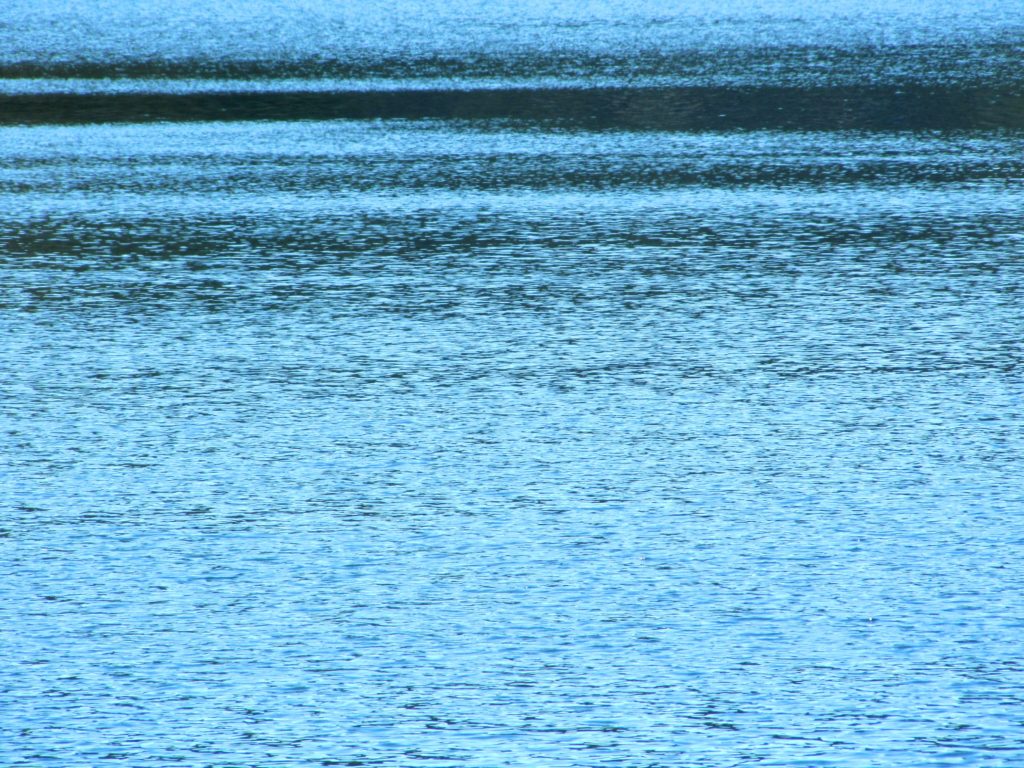The Attraction of the Sea
The sea is bigger than you are, more powerful than you are, more frightening than you are, and more permanent than you are. It is also more beautiful and desirable than you are. The sea is not impressed by you, and never could be. The sea will never think, “I am so fortunate that you have come to me.” It may never notice you at all. It is incomprehensibly old, has seen everything, and receives more gifts and worshipful sacrifices in every second of its existence than all that you could offer it in a lifetime. The most beautiful human beings in history have entered the sea, and the sea has bathed and cooled them, and then sometimes killed them for no apparent reason, as though just for something to do. To the sea, you may be no more meaningful than the tiniest shellfish that is swallowed up by a whale along with ten million other identical shellfish.
If you love the sea — and you ought to love it — it is not because of what you can offer the sea, which does not care about you in the least. If you love the sea, it is because of what the sea can offer you: something you need but cannot find, something it knows that you cannot understand, something you have lost but cannot live without, while the sea, on the other hand, has lived confidently for billions of years without you, and will live for billions more after you without suffering a moment’s remorse at your loss. You must overcome or learn to abide the fearsomeness and the cold detachment of the sea in order to love it, which is to say you must overcome your need for security and assurance. Self-esteem, indignation, and the sensitivity that craves acceptance and appreciation are anathema to the self-forgetting — the sublime courage and dismissal of petty self-certainty — that a profound attachment to the sea, both its shining surface and its unreachable depth, demands.



